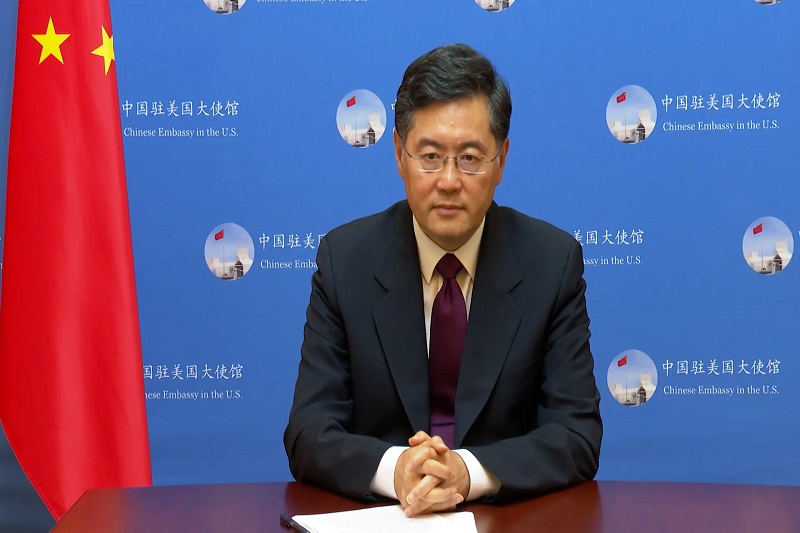During his recent trip to Ethiopia, China’s newly appointed Minister of Foreign Affairs, Qin Gang, chose to ignore a new request from the African Union for permanent representation on the UN Security Council. Instead, when Qin spoke at the opening of the Chinese-built Africa Centers for Disease Control and Prevention headquarters in Addis Ababa, the capital of Ethiopia, he emphasized China’s work with Africa on both security and economic growth.
Moussa Faki Mahamat, chairman of the African Union Commission, stated during a joint press conference that the lack of permanent representation of Africa on the Security Council is a “burning issue.” This is because the majority of topics on the council’s agenda are related to African nations. “It cannot be tolerated that decisions are made about other people by other people.” It is not equitable. “We require a new order to be established at the international level that will take into account the concerns of those in other nations,” he stated.
The United Nations Security Council has five permanent members, and China is one of them. Qin, who was appointed to the position of foreign minister in December, is making his first travel outside of the country in his new role and is embarking on a tour of Africa that will last for a week. In addition to Egypt, Gabon, Angola, and Benin are on his itinerary for this trip. Since the beginning of the 1980s, China’s foreign ministers have kicked off their tenure by traveling to Africa, a continent with a population that is comparable to that of China. China has given a lot of money to infrastructure projects in Africa, like hospitals, roads, and trains, which have benefited a lot.
Related Posts
Qin dismissed the notion that China is engaged in a competition with the United States in Africa. The United States recently held a meeting in Washington, D.C., to try to reassert its influence on the continent, but Qin dismissed the notion that China is competing with the United States in Africa. “What is needed in Africa is not more competition but rather more collaboration and solidarity.” Qin said, “No one has the power to force African countries to choose a side in the conflict.”
According to the chair of the AU Commission, “Africa does not wish to be regarded as a stage for the trading of influence.” We are willing to work together and form partnerships with everyone, but our core values, our highest priorities, and our most important interests must be upheld. “These core values underpin the cooperation that the United States and China share.”

